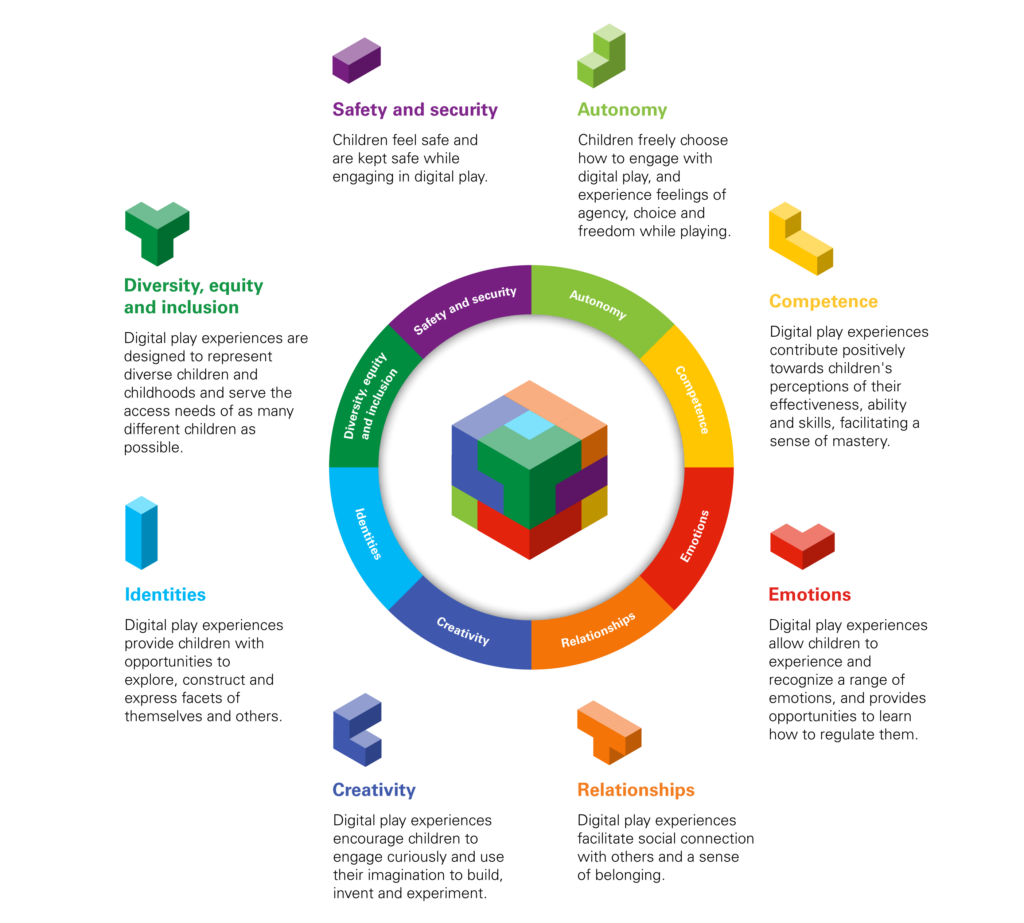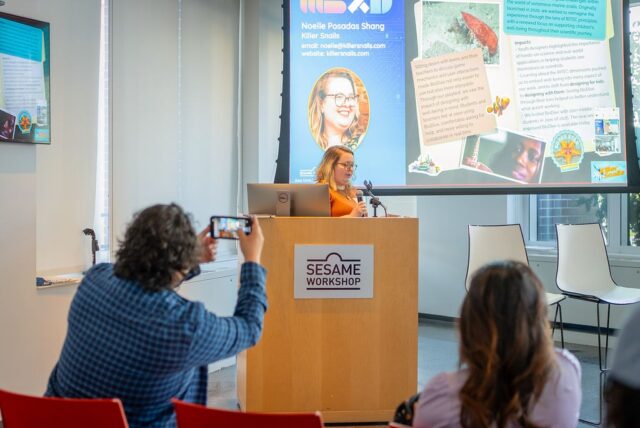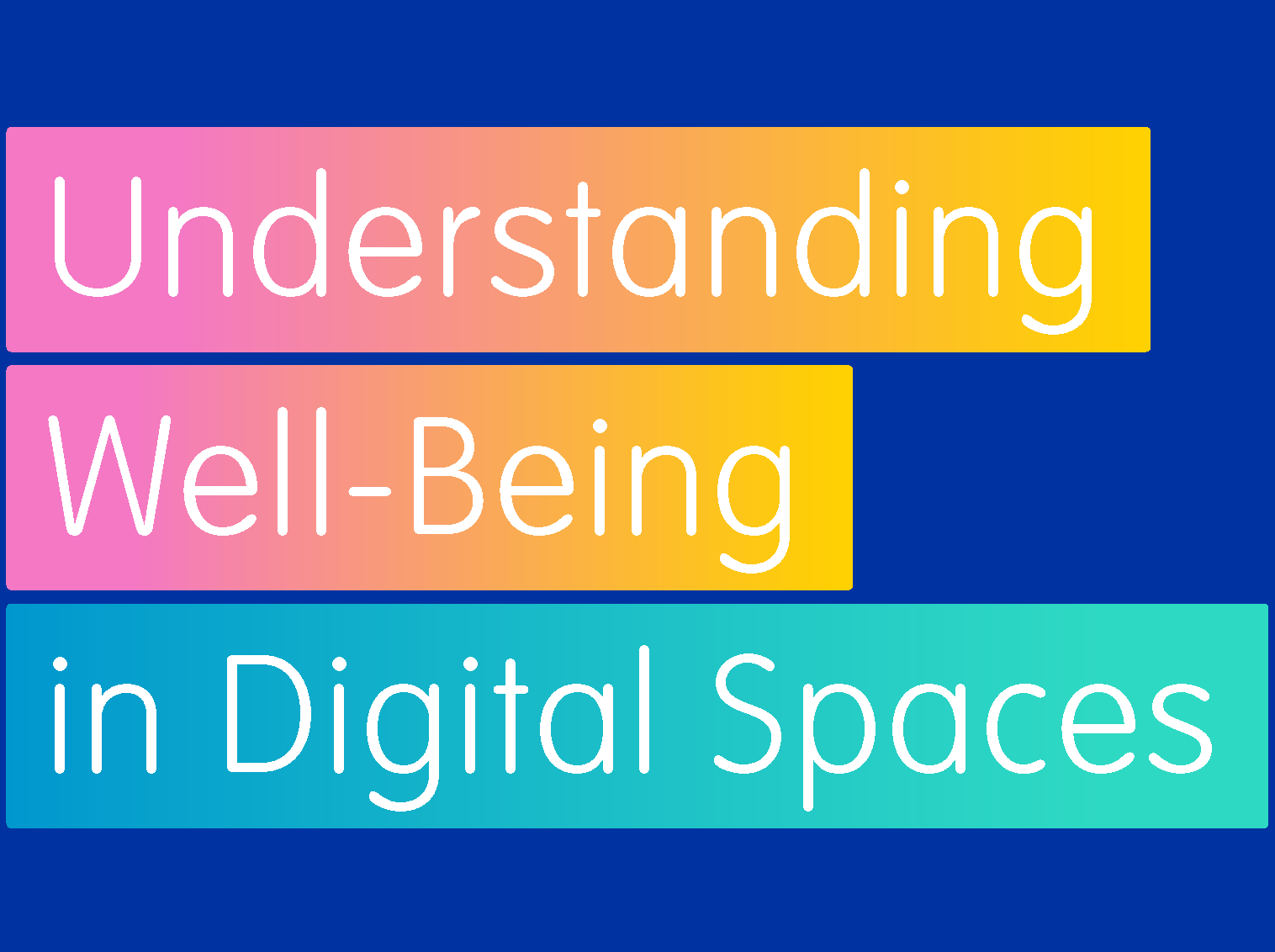In 2020, The LEGO Group and UNICEF came together to ask two important questions: “What does well-being mean for children?” and “How can digital experiences be designed to enhance children’s well-being?”
To help answer these questions, they brought together partners from around the globe, including the Joan Ganz Cooney Center, to launch a new multi-year project supported by the LEGO Foundation, called RITEC – Responsible Innovation in Technology for Children.
RITEC’s goals are to prioritize children’s well-being in a digital age and help provide businesses and policymakers with the tools and knowledge to put well-being at the center of design.
The project has four phases:
- Phase 1: defining well-being for children from their own perspectives, including developing a well-being framework available for all to use (launched in April 2022)
- Phase 2: testing the well-being framework with children
- Phase 3: integrating what we’ve learned into commercial settings, working with other like-minded businesses
- Phase 4: getting theout and sparking conversations on how we can all work to put children’s well-being at the center of digital design!
As part of our strategic priority to promote children’s well-being in a digital world, the Cooney Center leads RITEC’s Phase 4 advocacy work in the U.S. and coordinates with RITEC partners around the world to put the voices of children at the center of how we understand well-being and how we can create digital environments that allow them to move from safe to thriving.
To learn more and to download the research reports, please visit: https://www.unicef.org/innocenti/reports/responsible-innovation-technology-children
The RITEC Design Toolbox is now available: https://www.unicef.org/childrightsandbusiness/workstreams/responsible-technology/online-gaming/ritec-design-toolbox
UNICEF and the LEGO Group initiated the RITEC project in partnership with the Young and Resilient Research Centre at Western Sydney University; the CREATE Lab at New York University; the Graduate Center, City University of New York; the University of Sheffield; the Australian Research Council Centre of Excellence for the Digital Child; and the Joan Ganz Cooney Center at Sesame Workshop. The project is supported by the LEGO Foundation.


